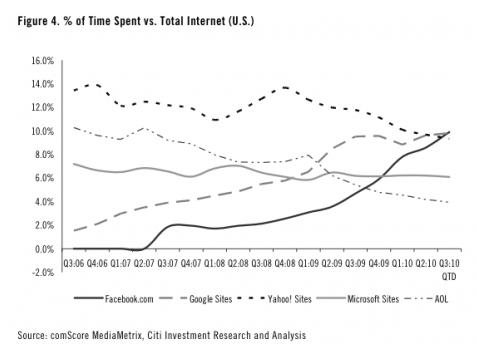Internet Marketing Services Rub Palms As ‘No Anonymity’ Policy is Prophesized
If you don’t want you private life shared on the internet then you clearly have something to hide, either that or you are doing something illegal that the government should know about. That is, according to Google CEO Eric Schmidt, who when speaking with Maria Bartiromo on CNBC recently, explained:
“People who have something to hide shouldn’t be doing things online that might potentially expose them if law enforcement seeks access to their search histories. If you have something that you don’t want anyone to know, maybe you shouldn’t be doing it in the first place”.
Google has already run into rocky ground in Europe where such big brother information harbouring and sharing with government authorities is viewed by most a violation of civil rights. In the US, Google hides behind the patriot act and its duty to supply the government with information on any person who poses a potential threat to society. The definition of “potential” remains loosely defined. The fact that most of us simply don’t want internet marketing services getting hold of our details and plaguing us with emails, mail-shots and pop up adverts doesn’t seem to cross Mr Schmidt’s mind.
Speaking yesterday at the “Techonomy” conference in Lake Tahoe, California, Schmidt went one step further with his controversial remarks and explained just how easy gathering intelligence on people is:
“If I look at enough of your messaging and your location, and use Artificial Intelligence,” Schmidt said, “we can predict where you are going to go. Show us 14 photos of yourself and we can identify who you are. You think you don’t have 14 photos of yourself on the internet? You’ve got Facebook photos! People will find it’s very useful to have devices that remember what you want to do, because you forgot…But society isn’t ready for questions that will be raised as result of user-generated content”.
“The only way to manage this is true transparency and no anonymity. In a world of asynchronous threats, it is too dangerous for there not to be some way to identify you. We need a verified name service for people. Governments will demand it.”
Internet marketing services will be rubbing their hands together after hearing the search engine master speak his prophecy of ‘no anonymity’. Consumer transparency enables better targeted advertising.
Evidently Schmidt is losing a grip on reality. In his world everyone might view the internet as ‘real life’ and the saviour of humanity, but for many it serves as big brother’s obeying little brother and is nothing more than a controlling force in a world monopolised by power hungry organisations. Some people like their privacy; they have nothing to hide yet nothing significant to share. Privacy is an individual choice and individuality is what makes the world special. Perhaps retirement is looming for a man who has spent the majority of his life in a digital bubble.








